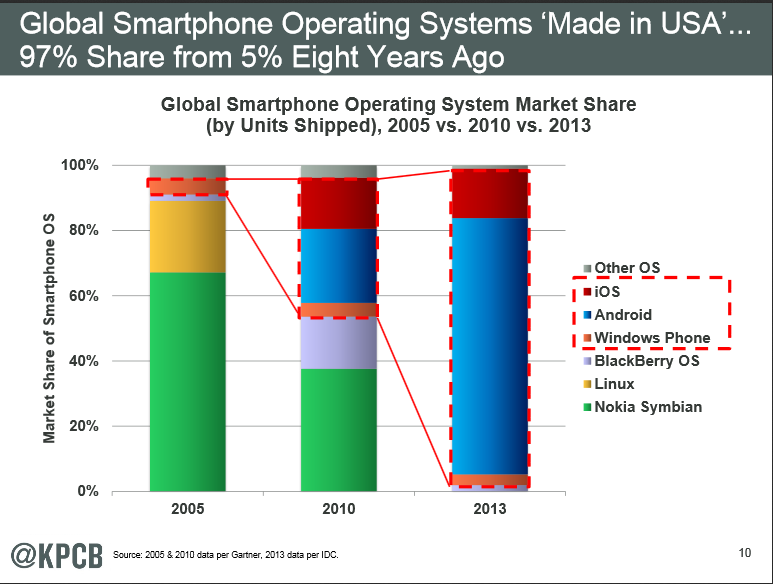Almost weekly I get a message from a HR or Talent Pro from around the world who has gotten their ass handed to them in some way or another. Maybe they tried making a necessary change in their organization and got shot down by an executive. They gave some wrong advice to an employee, and now legal is beating them up. They didn’t move fast enough in making a decision, so the decision was made for them. They did everything they could do to get an candidate to accept and offer, just to have the candidate turn it down, then the hiring manager makes one call and they accept.
The stories are always different, yet, always the same. They are feeling beaten up, broken down and just flat feeling like they’ve chosen the wrong profession.
I can always relate with their stories. Every HR Pro has been through these types of issues. Sometimes in HR it feels like these are ‘always’ the issues and the job will never get better.
I believe there are 5 things HR Pros can do to pull themselves back up and prepare for another day.
1. Shed The Shame: “shame is a toxic form of fear,” says Scott C. Hammond, a clinical professor of management at the Jon M. Huntsman School of Business at Utah State University. So, often in business we make a bad decision or something we are responsible for fails, and we feel shame and embarrassment. For some reason HR Pros feel we need to be perfect. We don’t. We have to be good, good is not perfect. We don’t expect any other employee to be perfect. You shouldn’t expect that from yourself.
2. Don’t Lose Hope: Hope gives us this promise that there is something better ahead. A better day, a better project, maybe just a better cup of coffee. Whatever it is, you can’t lose hope that better is always a possibility. I always look at business as one large experiment. A test. I hope it will be successful, but like any test, it might fail. The cool thing about running experiments and tests in HR is you give yourself this hope that the next one will be better, because you now know at least one way not to do it!
3. You Have So Many Choices: In HR there are so few things we actually control. That is why it’s so important not to forget and understand the choices you actually have. I spoke to a person just yesterday who felt like they had ‘no choices’. After about 15 minutes of conversation he had completely changed his perception because we came up with at least 10 choices! Choice #1, you can always go and work somewhere else. Always. Might be different position, different money, different location, but you can. In my career I made the choice once to take a position making half of what I was making. HALF! It worked out just fine. I found out I could live with less house, less car, and still be happy – much more happy. You have choices.
4. Ask For Help: Most proud HR Pros don’t want to ask for help because they don’t want to appear weak or incapable. The fact is, most people actually like to help and it makes them feel valuable. Leaders like to be asked for help. They don’t see it as weakness, they see it as their time to earn their money. Yes! Someone finally needs someone my expertise! We try and tell ourselves this isn’t the case, but it’s not. I’m always amazed at the positive response I get from people when I ask for help. It might be hard for you to believe in our cynical world, but most people actually like helping others!
5. Be Willing To Reset: If you get knocked down, having the ability to ‘reset’ and start again is huge. Many times we feel like all is lost, when it’s really just knocked off the tracks for a moment. Take a breath. Put what happened into proper perspective and get back on track. Resetting is a powerful way to get yourself back to work and back to your positive self. Alright, that didn’t go well. Let’s see where we are, what we still have that is usable, and how we can make this thing fly moving forward.
adapted from Fast Companies “How Resilient People Stand Back Up When Life Knocks Them Down”

